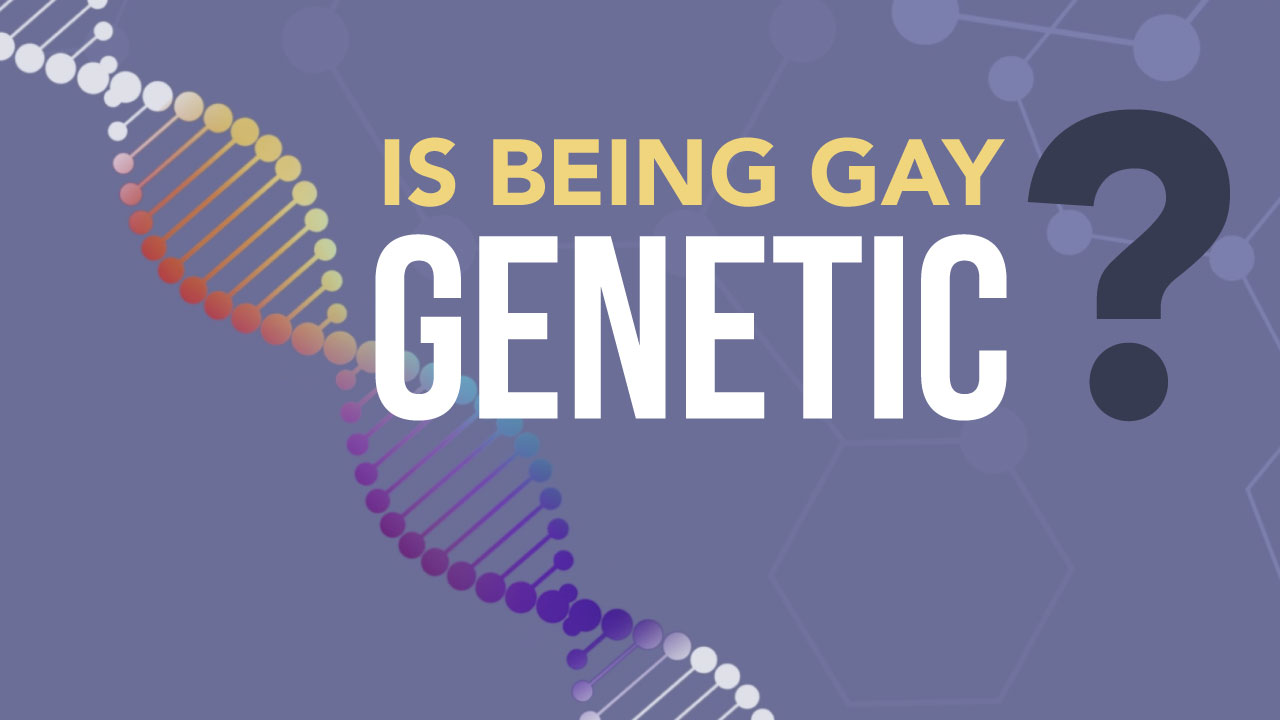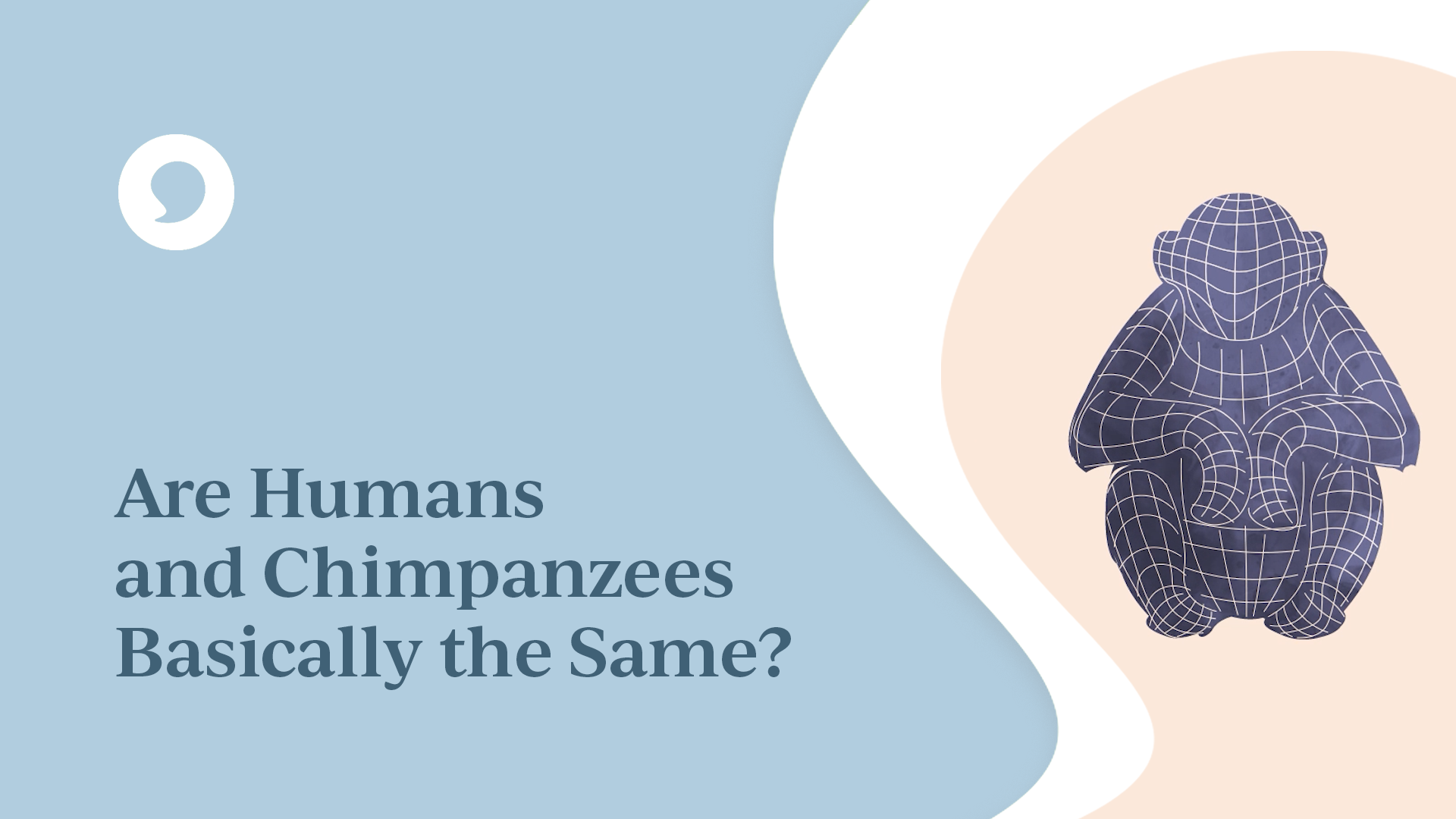Is Critical Theory Biblical?
What Would You Say?
Is Critical Theory Biblical? You’re in a conversation and someone says, “Since God cares about the oppressed, Christians should embrace critical theory, because its trying to eliminate oppression too.”
What would you say?
Critical theory is one way our culture attempts to explain and confront power structures. Some Christians have embraced it as well. But what is it?
- Transcript
- Watch More
You’re in a conversation and someone says, “Since God cares about the oppressed, Christians should embrace critical theory, because its trying to eliminate oppression too.” What would you say? Critical theory is one way our culture attempts to explain and confront power structures. Some Christians have embraced it as well. But what is it? To understand critical theory, we need to understand it’s two primary claims. First, everyone can be divided into two groups: those who have power and those who don’t. Second, those who have power always oppress those who don’t. But how do we know who the oppressed and who the oppressors are? According to critical theory, the categories of oppressor and oppressed are based on your group identity. Things like race, gender, religion, immigration status, income, sexual orientation, and gender identity determine whether we are oppressed or one of the oppressors. Of course, someone might be part of an oppressed group in one way but one of the oppressors in another way. That’s where the concept of intersectionality comes in. Intersectionality seeks to measure someone’s level of oppression based on how these group identities intersect in someone’s life. For example, a black man is less oppressed than a black woman, who is less oppressed than a black lesbian. In critical theory, the degree to which you are oppressed determines your level of moral authority. The more categories of oppression someone identifies with, the more moral authority they have. As a result, the experience and perspective of a gay, black , woman is more valuable than the experience and perspective of a straight white man, regardless of what they have to say. In the same way, the more oppressed someone is, the less moral responsibility they have for their actions. Those who aren’t part of oppressed groups—straight, white, men—gain moral authority by surrendering to those who have it—the oppressed. This is called being “woke.” Some people claim that since Jesus cares about oppression, critical theory and intersectionality should be embraced by Christians. But critical theory and intersectionality are not consistent with Christianity, and here are three reasons why. First, critical theory offers a different view of humanity than Christianity. Critical theory claims that our identity as human beings in rooted in things like race and gender, features that differ from person to person. But the Bible grounds our identity as human beings, and the value every human has, in the fact that we are created in God’s own image. This is something every human being shares. While critical theory pits some groups of people against other groups based on their status as oppressors or oppressed, the Bible says we are all equal before God: created equal, equally valuable, equally guilty of sin, equally deserving of punishment, and equally able to find grace and mercy in Jesus. Which leads to the second point. Critical theory offers a different view of sin than Christianity The Bible identifies sin as anything that violates God’s design for people, including unjust oppression of other people, but critical theory identifies sin only as oppression. As a result, advocates of critical theory would see biblical practices such as discipleship, correction, leadership, and reproof as sinful assertions of power, if the speaker is among of the oppressors, and would excuse sin such as anger, jealousy, hatred, bitterness, unforgiveness, or envy among the oppressed. The Bible says that we are all guilty before God, regardless of social status, race, or economic situation. The Bible condemns oppression as one of, but certainly not the only way in which humans rebel against God. Because critical theory gets the human problem wrong, it also gets the solution wrong, which leads to the third point. Critical theory offers a different view of salvation than Christianity. According to the Bible, because we are all equally guilty of sin, salvation can only be found in Jesus through repentance. Our hope is found in being forgiven of sin. Because critical theory teaches that oppressors are guilty and the oppressed are not, salvation for the oppressed is found, not through repentance, but in social liberation here and now. Their hope is only though activism. In other words, critical theory has a completely different understanding of who we are, what the problem is, and how to fix it, than Christianity. So next time someone, surely with good intentions, tells you that the Christians should embrace critical theory because Jesus also cares about the oppressed, remember these three things. Critical theory offers a different view of humanity. Our identity is in our status as image bearers and children of God, not in our race, gender, income, or immigrant status. Critical theory offers a different view of sin. Oppression is wrong, but it is a symptom, not the disease. Critical theory offers a different view of salvation. We cannot solve our biggest problem, Jesus can. Our hope is not in our circumstances on earth, but destiny in eternity. For what would you say, I'm Joseph Backholm Thanks for watching, I hope you liked the video. If you did, make sure you hit subscribe so you can see the next one.


